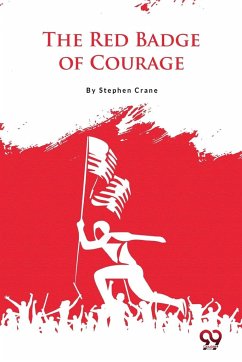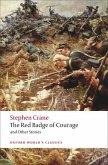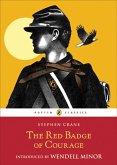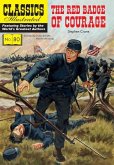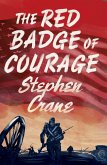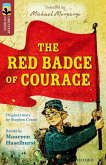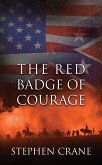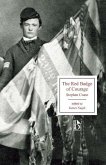The story takes you to the Civil War when a Union regiment rested and camped along a riverbank for weeks for a war. Henry Fleming who is a teenager joins the army because of his love for the army but finds himself in the middle of the battle against the Confederate soldiers. In the battle, Confederate soldiers charge but are repelled by the Union. But soon Confederate soldiers charge again. Henry is terrified and leaves his comrades. He goes to a jungle where he finds a body decaying, while escaping from the place he finds a group of injured soldiers returning from the war. They ask Henry to show his wound. He tries to run from that place but things come in disarray. A soldier hit him with his rifle on his head. Exhausted, hungry, thirsty, and now wounded he decides to go back to his regiment. He faces shame and hatred from another soldier. He has to prove himself to get back his respect and pride.It is the story of a person who leaves the battleground out of fear. The story revolves around maturation, heroism, cowardice, and the indifference of nature.
Bitte wählen Sie Ihr Anliegen aus.
Rechnungen
Retourenschein anfordern
Bestellstatus
Storno

